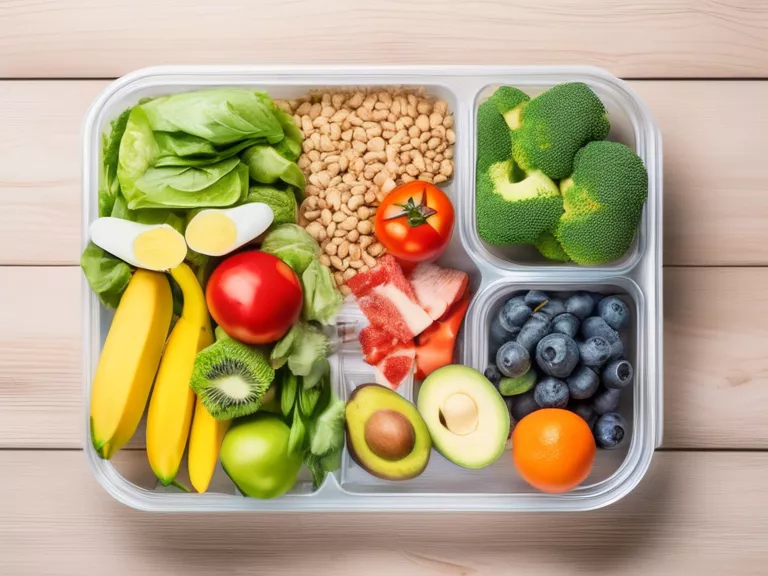
Balancing your diet with the right nutrients is crucial for achieving your fitness goals. In this article, we will discuss how to create a balanced diet plan that supports your fitness goals, whether you are looking to lose weight, build muscle, or improve your overall health.
Set Your Goals: Before you can create a balanced diet plan, you need to define your fitness goals. Are you looking to lose weight, gain muscle, or improve your endurance? By setting specific goals, you can tailor your diet plan to support your objectives.
Calculate Your Caloric Needs: Once you have your goals in mind, you need to determine your daily caloric needs. This will depend on factors such as your age, weight, height, activity level, and fitness goals. There are many online calculators available to help you estimate your caloric needs.
Prioritize Nutrient-Dense Foods: A balanced diet plan should include a variety of nutrient-dense foods such as fruits, vegetables, whole grains, lean proteins, and healthy fats. These foods provide essential vitamins, minerals, and antioxidants that support overall health and fitness.
Balance Your Macronutrients: To support your fitness goals, you need to balance your macronutrients - carbohydrates, proteins, and fats. Carbohydrates provide energy for workouts, proteins support muscle repair and growth, and fats are essential for hormone production and overall health.
Stay Hydrated: Hydration is key for optimal performance and recovery. Drink plenty of water throughout the day, especially before, during, and after workouts. Avoid sugary drinks and excessive caffeine, which can dehydrate you.
By following these steps and creating a balanced diet plan that prioritizes nutrient-dense foods, balances macronutrients, and supports your fitness goals, you can fuel your body for success.



